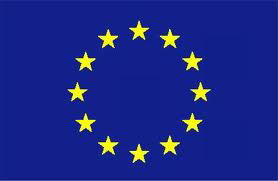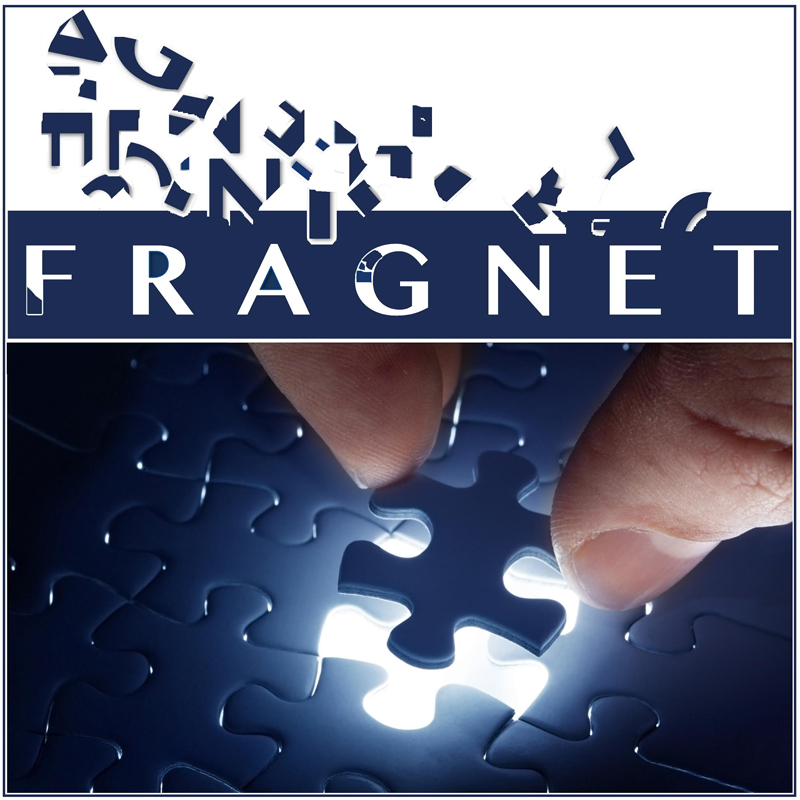ESR8: Virtual Screening of Fragment Libraries of Covalent Binders
Host: RCNS, Hungary (PhD enrolment at Budapest University of Technology and Economics)
Academic supervisor: Prof. dr. György M. Keserű (RCNS)
Researcher: Andrea Scarpino
Download the full description of this project: ESR8: Virtual Screening of Fragment Libraries of Covalent Binders
Design of computational protocols for targeted covalent inhibitors
Covalent drug discovery has recently received increased interest thanks to the definition of guidelines for the design of safe and potent targeted covalent inhibitors [1]. As in conventional discovery programs, considerable attention is devoted to optimizing the selectivity of a compound to the protein target, while simultaneously tailoring the chemical reactivity of the electrophile (also known as the “warhead”) to the specific nucleophilicity of the targeted residue [2].
A key role in the design and characterization of compounds acting via a covalent mechanism of action is played by computer-aided drug design (CADD) approaches. Quantum mechanics (QM) simulations can be used to inspect the energy profile of covalent fragments equipped with different warhead groups, thus providing insight into their relative reactivity [3]. Due to the correlation between calculated and experimental reactivity descriptors within specific warhead classes, QM simulations can be used as predictive tools for prioritizing the selection of covalent fragment candidates for further optimization.
In parallel, molecular docking is used to predict the binding mode adopted by compounds in a pocket, and to rank ligands in a set by means of scoring functions devised to capture their relative binding affinity. Although a number of covalent docking methods are available to model the structural changes occurring with covalent ligands, the scoring functions they use do not consider the contribution of covalent bond formation to binding energy, thus neglecting the gap between warheads with different reactivity [4].
Andrea Scarpino’s research focuses on the design of computational protocols featuring conceptually distinct covalent docking algorithms. By evaluating the ability of these algorithms to predict experimental binding modes of several covalent complexes available in the Protein Data Bank, he highlighted the key factors influencing their docking performance and provided guidelines to improve the prediction based on the system being studied [5].
He is also exploring alternative docking and scoring solutions for covalent binders. By customizing an open-source docking protocol (AutoDock4) to account for differences in warheads’ reactivity, he is developing methods to enable virtual screening of fragment libraries that include mixed chemistries.
As well as protocol development, Andrea performs virtual screenings of commercial libraries to identify covalent compounds that act on targets of pharmacological relevance (e.g., proteases, kinases and GTPases) [6,7]. Overall, by providing the computational support necessary to tackle the challenges raised by covalent drug discovery, he contributes to the projects of the Medicinal Chemistry Research Group at RCNS, Budapest.
References:
• Singh, J. et al., Nature Rev. Drug Discov. 2011, 10, 307–317.
• Lonsdale, R. et al., J. Chem. Inf. Mod. 2017, 57, 3124-3137.
• Flanagan, M. E. et al., J. Med. Chem. 2014, 57, 10072-10079.
• De Cesco, S. et al., Eur. J. Med. Chem. 2017, 138, 96-114.
• Scarpino, A. et al., J. Chem. Inf. Model. 2018, 58, 1441-1458.
• Rachman, M. et al., ChemMedChem 2019, 14, 1011.
• Scarpino, A. et al., Molecules 2019, 24, 2590.
Other projects
- ESR1: 3D Fragments with small aliphatic rings – David Hamilton
- ESR2: Novel 3D fragments – Hanna Francesca Klein
- ESR3: Warhead Library of Covalent Fragment Binders – Aaron Keeley
- ESR4: Development of FBLD techniques for Intrinsically Disordered Proteins – Darius Vagrys
- ESR5: Biophysics Based FBLD – Sébastien Keiffer
- ESR6: FBLD experimental methods – Edward Fitzgerald
- ESR7: Understanding PDE binding kinetics – Pierre Boronat
- ESR9: Fragment evolution platform – chemical navigation – Moira Rachman
- ESR10: Fragment evolution platform – molecular simulations – Maciej Majewski
- ESR11: Fragment-based approaches to identify novel PPI inhibitors – Lorena Zara
- ESR12: Covalent fragments to activate industrial enzymes – Eleni Makraki
- ESR13: Fragment-based assessment of new antibiotic target – Bas Lamoree
- ESR14: Targeting allosteric pockets with FBLD – Lena Münzker
- ESR15: Science, Business & Innovation in the pharmaceutical sciences – Angelo Kenneth Romasanta
Contact details
Please contact us at:
info@fragnet.eu
FRAGNET Coordinator
VU University Amsterdam
The Netherlands
Funded by
 Marie Curie Actions
Marie Curie Actions
 EU Horizon 2020
EU Horizon 2020
 European Union
European Union

